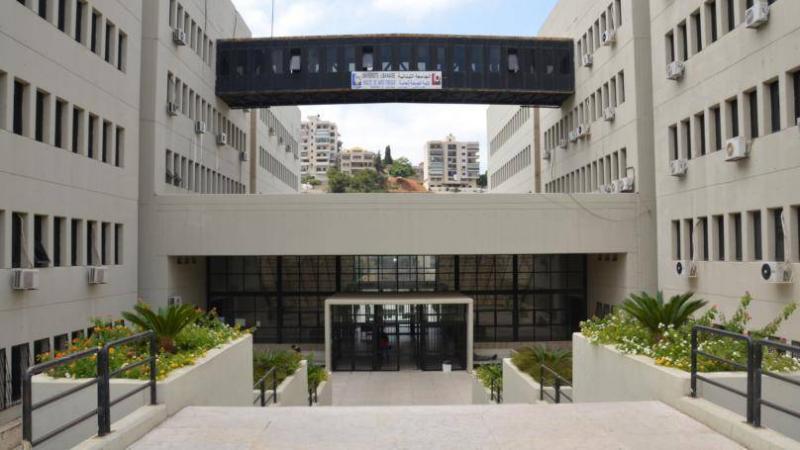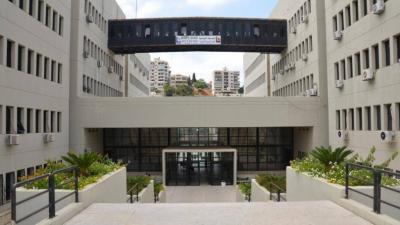What is happening within the corridors of the Lebanese University is alarming and conceals questionable objectives that may lead to its marginalization and eventual dissolution. Up to now, the university has been struggling with its decisions, with some faculties setting dates for end-of-year exams while others continue to adhere to the strike decision. Amid all this, students are still awaiting the fate of their previous academic year, as the new academic year has commenced in private universities. Is there anyone to save the national university, or will its collapse extend to its higher educational institution?
The President of the Association of Full-Time Professors at the Lebanese University, Dr. Amer Halwani, confirms to "Al-Markaziah" that "the authorities are exercising threats and intimidation against professors to conduct the exams; however, the association continues its strike, and matters remain obstructed to this day... The assistance approved for the professors is still ink on paper; they have not received any amount since January. They claim that there is a 104 billion LBP allocated by the state as social aid for every employee, equivalent to half a month from January to June, but so far, nothing is on the horizon. Here we are talking about the beginning of the year when the exchange rate for the dollar was 20,000 LBP, whereas it is now 37,000 LBP. Even if the professors receive it today, it is no longer sufficient due to its significant depreciation. They announce aid, but the university received nothing, as it is held up in the Ministry of Finance."
Halwani emphasizes that "the professors' situation is extremely dire, and it is shameful for the state to treat them in this manner. The university professors resorted to the strike because their hands are tied, and they cannot fulfill their duties, and when these promises are fulfilled, we will address each incident as it comes."
Regarding the issue of tenure, staffing, and other pending matters, Halwani states: "The living situation has overshadowed other issues, especially since the current government is a caretaker government that cannot decide or take actions on these matters currently. However, the issue of tenure is vital and essential because young university professors are migrating whenever they get the chance. The state should have held onto them and approved the tenure issue to retain them. Those who remain are only those tied to their families. Unfortunately, this issue has not been approved because everything is politicized in Lebanon."
On another note, Halwani considers "that the continuation of the university teaching online will lead to its demise. Up to now, the university can only teach 'online,' unfortunately, because all complexes and faculties are neglected and lack the most basic operational necessities such as electricity, internet, paper, and ink... There is no life in them. If the simplest prerequisites for its survival and revival of the buildings are not secured, the problem will worsen. Discussions today revolve around the continuation of online education, but this decision is tantamount to rendering the university obsolete and announcing its bankruptcy and clinical death without anyone officially declaring it." He noted that "university life is more than just paper and pen; it is a life and interaction that the student experiences with their peers and professors. If the Lebanese University cannot take off in a serious manner, this will be a convincing announcement for its destruction."
Halwani points out that "the capable student withdraws from the Lebanese University and heads toward the private institutions, and this seems to be the desired and clear ultimate goal because the authority wants to liquidate the public sector and the Lebanese University by 'clearing out' the students and professors, while those who remain are manipulated as they wish... but simultaneously, we cannot be false witnesses and claim to the students that we are teaching them while we are not doing so in the way we aspire and dream. Moreover, how can a professor who cannot provide for his children's livelihood teach the children of others?"
Halwani sees that "the situation also applies to the students who cannot reach the university; therefore, we mentioned in our recovery plan that we developed three points: First, assist professors; second, provide the university with the necessities to operate generators and electricity; and third, assist students in reaching the university." As for external aid from donor agencies, Halwani confirms that "the efforts seem to have failed, and there is no positivity on this issue to this day, as the state continues to lose credibility day by day, does not implement any reforms, and watches the collapse."




